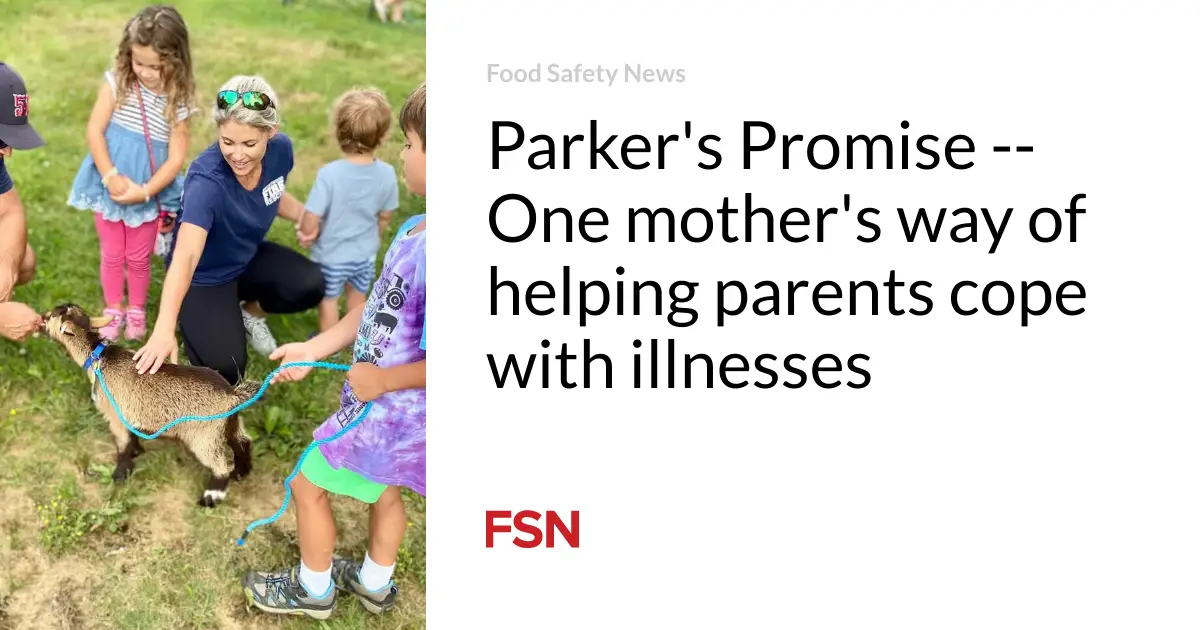
A senior coroner has issued an official warning about the “significant disruption” being caused to ambulance services as vehicles wait for hours to transfer patients into hospital, highlighting that the problem now happens all year round rather than only in winter.
David Ridley, the senior coroner for Wiltshire and Swindon, has written to the UK health secretary, Victoria Atkins, spelling out that delays in England are being caused because of a lack of community care packages for hospital patients well enough to be discharged.
Ridley made his “preventing future deaths” report at the conclusion of an inquest of Richard Carpenter, 71, who waited for an ambulance for 5hr 34min, though he had just had major heart surgery and the target for reaching him was 18 minutes.
Carpenter died during Covid, when ambulance services were under huge pressure. During the inquest Ridley heard from the South Western ambulance service NHS foundation trust that it was still “not uncommon” for about 30% of available ambulances in south-west England to be held up at hospitals waiting for a handover.
Ridley wrote: “When I drilled down further as to where problems lay, again the issue of patients in hospitals taking up beds arose in circumstances whereby the patient was physically fit for discharge but they were not able to be discharged due to the lack of appropriate care packages in the community.
“This issue has arisen in other reports that I have written to you recently and I am concerned as regards the lack of availability of sufficient free beds in hospital due to bed blocking is still causing significant disruption to ambulance services trying to transfer patients to hospital.
“I am concerned that delays in ambulances attending patients in the community are likely to increase the risk of death in cat 2 instances [the category assigned to Carpenter] especially that would otherwise be preventable had the patient been got to hospital in a timely fashion.
“What is also of a concern is that what used to be considered seasonal pressures on ambulance services during the winter months is now becoming an all-year-round norm.”
Ridley concluded: “I am sure that the family would appreciate an indication as to the national strategy here to address this issue over and above providing additional funding, which tends to be the general response.”
The coroner did not conclude that the delay caused Carpenter’s death but his wife, Jeanette Carpenter, told the Guardian on Monday: “I feel he was let down in his hour of need.”
She believes that if he had been seen more quickly he might have been saved or, at least, had a less painful, frightening death. She also said she was concerned that so many ambulances were still stuck at hospital doors all year round.
“You don’t want to be ill in this country. I don’t believe any other developed country is in this position.” She said her husband had been a good person, a family man and brilliant businessman.
A Department of Health and Social Care spokesperson said: “We respond to, and learn from, every prevention of future deaths report, and we are taking action to ensure the health and care system works closely together to tackle delayed discharge, including investing an additional £1bn this year to support the NHS and local authorities to ensure timely and effective discharge from hospital.
“In addition, we have seen significant improvements in ambulance response times this year – with average category 2 response times in 2023-24 over 13 minutes faster than the previous year.”








